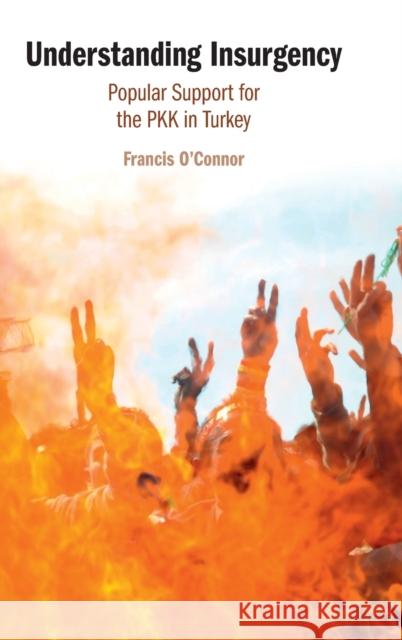Understanding Insurgency: Popular Support for the PKK in Turkey » książka
Understanding Insurgency: Popular Support for the PKK in Turkey
ISBN-13: 9781108838504 / Angielski / Twarda / 2021 / 340 str.
Understanding Insurgency: Popular Support for the PKK in Turkey
ISBN-13: 9781108838504 / Angielski / Twarda / 2021 / 340 str.
(netto: 349,98 VAT: 5%)
Najniższa cena z 30 dni: 363,79
ok. 16-18 dni roboczych.
Darmowa dostawa!
No insurgent movement can survive without some degree of popular support, but what does it mean to support an armed group? Focusing on the PKK (Kurdistan Workers Party), which has come to global attention in recent years for its efforts in resisting ISIS in Iraq and Syria, but has been present and active in the region for much longer, Francis O'Connor explores the first three decades of the PKK's insurgency in Turkey. Looking at how the relationship between armed groups and their supporters should be conceptually understood, how this relationship varies spatially and what role violence has in their relationship, he draws on Civil War, Social Movements and Rebel Governance literatures to outline how the PKK survived a military coup in 1980 and slowly won popular support through incipient forms of rebel governance, the targeted use of violence and a nuanced projection of its ideology and objectives. In doing so, it provides an historical narrative to an organisation which has managed to successfully resist NATO's second largest army with limited weapons for decades and has become a key player of Kurdish rights in the wider region.











